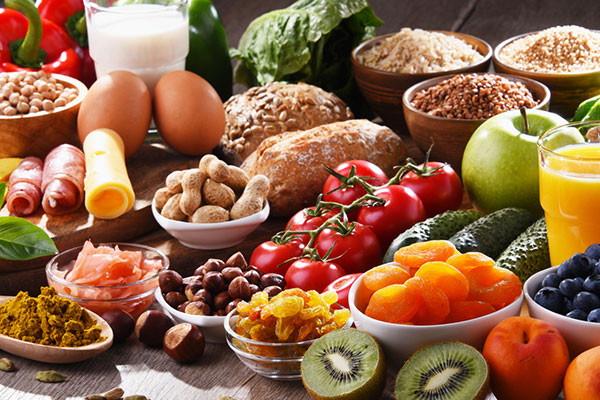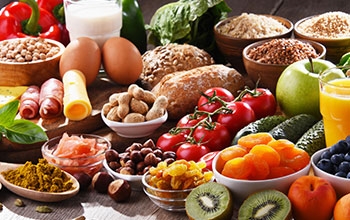
Nutrition plays a vital role in how well your body prepares for and recovers from joint replacement surgery. The right foods can support healing, reduce inflammation, and lower the risk of complications-while the wrong ones can slow recovery. Let’s explore which foods support a smoother healing process-and which can set you back.
Best Foods to Eat for Joint Replacement Recovery
A nutrient-dense diet can strengthen your immune system, support tissue repair, and improve energy levels during recovery from knee or hip joint replacement. Consider adding the following to your plate:
Lean Proteins: Chicken, turkey, fish, tofu, and legumes provide the building blocks for muscle and tissue repair.
Fresh Fruits and Vegetables: Rich in antioxidants, these help fight inflammation and promote healing. Focus on colorful options like spinach, berries, carrots, and bell peppers.
Whole Grains: Brown rice, quinoa, oats, and whole wheat bread provide fiber and steady energy to support recovery.
Healthy Fats: Omega-3 fatty acids from foods like salmon, flaxseeds, walnuts, and olive oil help reduce inflammation.
Calcium and Vitamin D: Dairy products, leafy greens, and fortified plant-based milks help maintain bone strength-especially important after joint replacement surgery.
Staying hydrated with plenty of water is also crucial for circulation and wound healing.
Foods to Avoid Before and After Surgery
Some foods can trigger inflammation, interfere with medications, or increase your risk of complications. Here are items to limit or avoid:
- Highly Processed Foods: Fast food, packaged snacks, and refined carbohydrates can increase inflammation and contribute to poor wound healing.
- Sugary Beverages and Sweets: High sugar intake can suppress the immune system and promote inflammation.
- Excess Sodium: Too much salt can cause fluid retention and swelling, which may slow recovery.
- Excessive Alcohol Use: Avoid alcohol around the time of surgery, as it can interfere with anesthesia, delay healing, and increase the risk of bleeding.
- Fried Foods: These can promote inflammation and may be harder to digest during recovery.
Your care team may also advise avoiding certain supplements and herbal remedies before surgery, as they can interfere with bleeding, anesthesia, or recovery.
Nutrition is Part of Your Surgical Success
Whether you're having a knee replacement or a hip replacement, your recovery depends on more than just rest and rehab. Supporting your body with smart nutrition choices before and after surgery can make a measurable difference in how you heal. Book an appointment for surgical planning and nutrition guidance to optimize your postsurgical recovery.
AUTHOR: Dr. Nicholas Frisch is a specialist orthopedic surgeon focusing on minimally invasive hip and knee joint replacement as well as complex primary and revision surgery. He believes in creating a personalized experience with the highest level of service. For all appointments & inquiries, please contact our offices located in Rochester, MI.








